
About us
Who we are
We are a group of students in subjects related to economics, social and natural sciences.
We promote pluralism in economics education and research at the universities of Zurich (UZH and ETH).
Board members (2023)
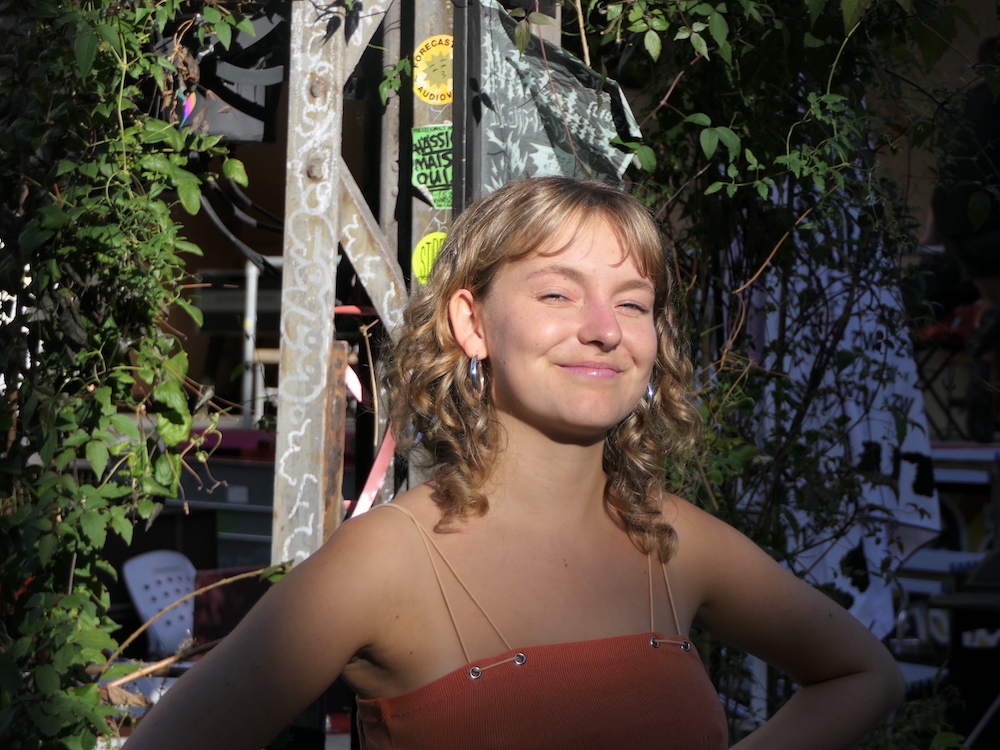
Elaine
BA Sociology, Minor Economics
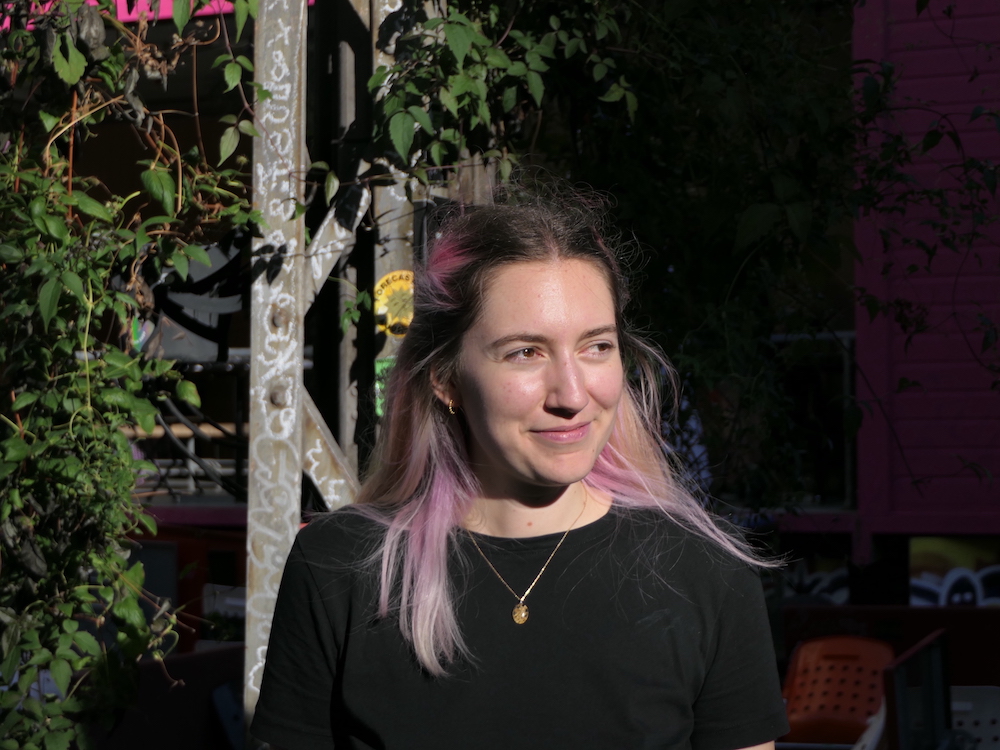
Karin
MA Economics, Minor Behavioral Economics
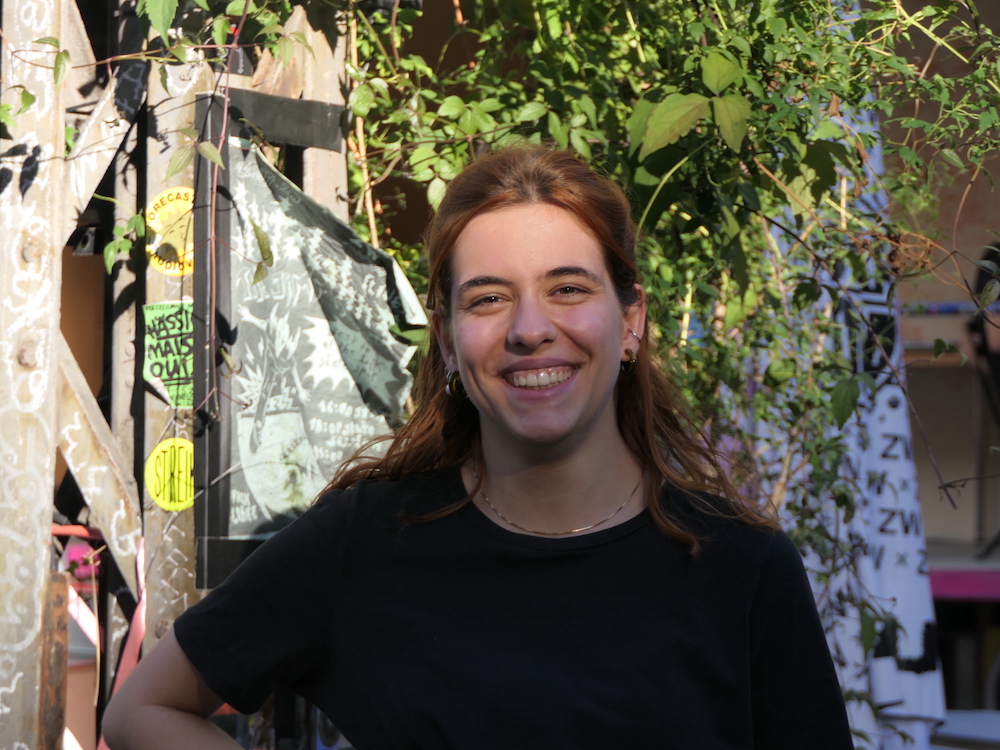
Mara
BA Sociology, Minor Economics
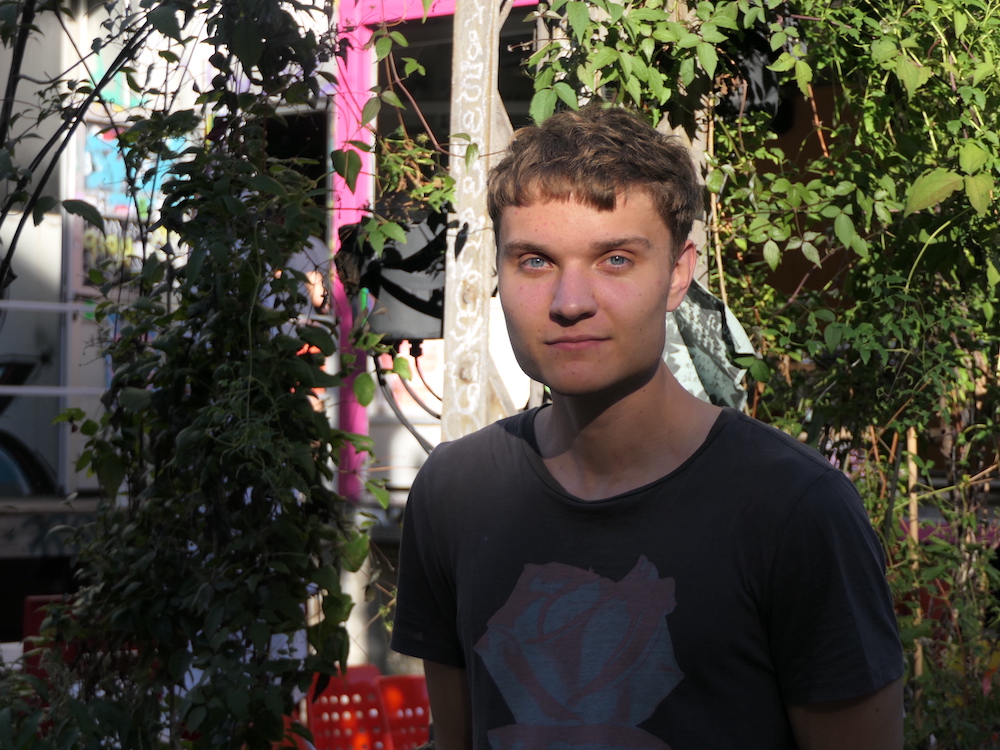
Raphael
BA Political Science, Minor Economics
Former board members (2022)

Diego
Curriculum change and cooperation with the Universities

Nicolas
Administration and Finances

Karin
Social Media and Community Coordination

Elaine
Networking nationally and internationally
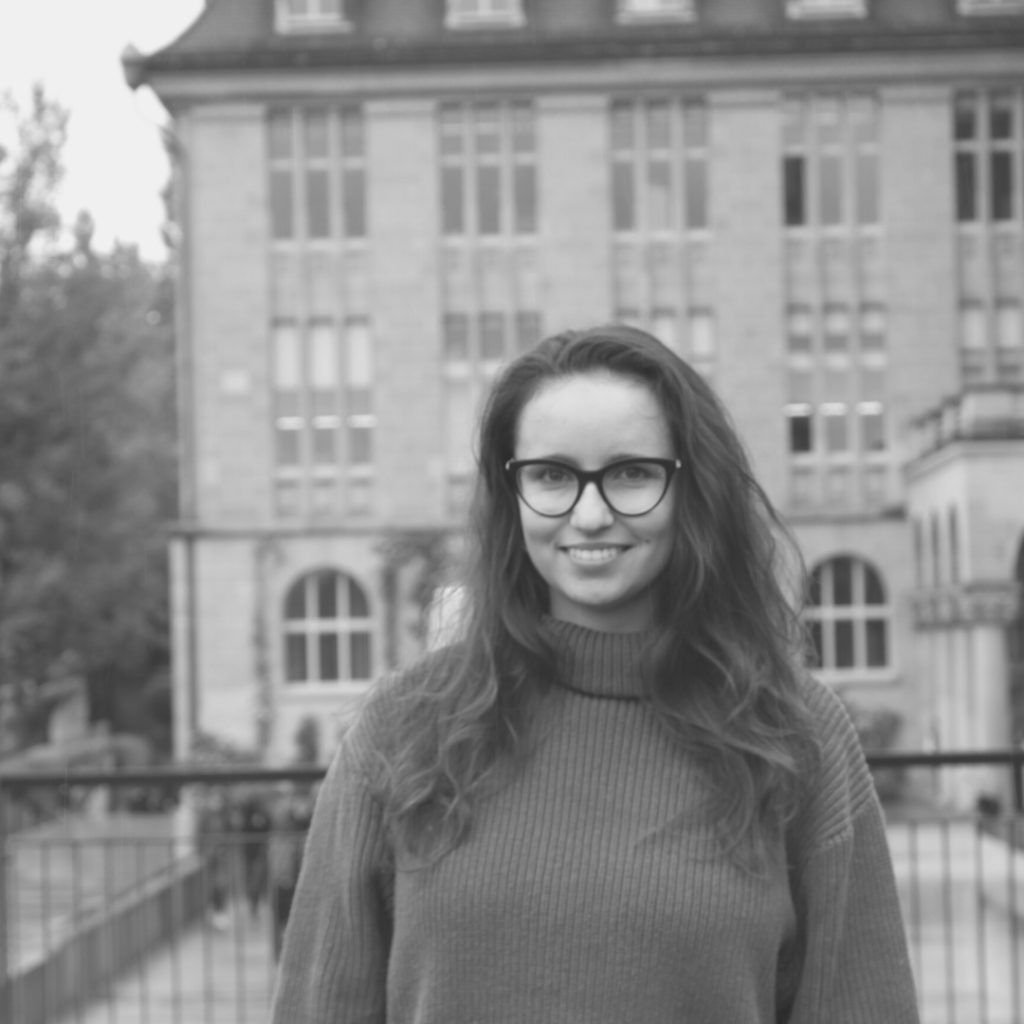
Alexandra
Internal Education, Reading Circles, Movie Nights
History
Early movement activities / activities of “Sneep”
The movement for Plural Economics in Zurich first appeared in 2012 when students addressed the Department of Economics with an open letter, at that time under the association name “Sneep” (Student network for ethics in economics and practice). The letter was phrased as follows (Translated with DeepL):
“Among other things, we as students of economics want to address the following demands to those responsible at the university and the faculty:
1) The abolition of the quasi teaching monopoly of neoclassical models and the inclusion of other theories as well as their research results or their renowned economists, underlining the need for additional approaches 2) A socio-scientific and ethical basis in economics on how economics should help shape our society and a serious analysis of how it influences society today 3) A stronger reference to real-life problems such as socio-economic issues instead of sometimes completely abstract and detached models. Professors should be obliged to do this with regard to their teaching and research, as the reconciliation of practice and theory is also essential for economics. 4) Stronger cooperation with other disciplines that also deal with and research human economic activity. Outdated and antiquated basic assumptions, e.g. about the psychology of human beings within economics, must make way for better and more modern explanations from the relevant sciences.
Motivation
We believe that society must demand from their scientists, among other things, a value-neutral science, interdisciplinarity, a diversity of different perspectives, and a self-critical stance on established models and methods. Every science must have an idea of what role a social system under observation (such as economics) plays and should play in the history, present and future of humanity.
Therefore, the Dean’s Office of the Faculty of Economics should examine the appropriate consideration of recent research findings, the inclusion of critical and alternative approaches, better information on economic ethics and interdisciplinary modules.
Read our detailed argumentation: https://www.sneep.info/wordpress/wp-content/uploads/2013/09/Offener_Brief_Wirtschaftsfakultät_UZH1.pdf ”
However, the open letter produced few concrete results, because there was a lack of openness among lecturers to include critical approaches in their own lectures.
Lecture initiated by ETH students
In 2017, Lea Trogrlic, Levin Koller, Flora Märki, Lukas Kunz and Lorenz Keysser, mostly students at ETH from the Sustainability Week environment, decided that they would like to introduce a lecture in post-growth economics at the university. They became aware of the “Plurale Ökonomik” movement and, on the advice of a mutual friend, asked Joël Bühler to join the project. Thanks to a project grant from the sustainability project UChange, they managed to initiate a student-planned lecture with ETCS in pluralist economics at UZH for the first time. To this end, they founded the association “Plurale Ökonomik Zürich” in 2017, with the aim:
“die Pluralität in der Wirtschaftslehre an den Zürcher Hochschulen zu fördern. Mit dem Verein soll Platz geschaffen werden für die wissenschaftliche Diskussion und kritische Reflexion verschiedener ökonomischer Ansätze und deren Zukunftsfähigkeit.”
(“to promote pluralism in the teaching of economics at Zurich’s universities. The association aims to create space for the scientific discussion and critical reflection of different economics approaches and their future viability.”)
Since then, two lectures with ETCS in the elective area have been held in the autumn semesters of 2018 and 2019 under the supervision of Prof. Ulrich Woitek. From the autumn semester 2021 onwards, the lecture will yield ETCS in the elective area “ECON 1” (macroeconomics) of the UZH and will thus gain additional attractiveness.
Founding member of Rethinking Economics Switzerland
Together with the group from Lugano and the currently inactive group from Geneva (both Rethinking Economics), Plurale Ökonomik Zürich was a founding member of the national network “Rethinking Economics Switzerland”, which was established in 2018. Since then, there have also been groups in Lausanne, Bern and Lucerne and activities in Basel, St. Gallen, Neuchâtel and Fribourg.
Further activities since 2020
Since the autumn semester 2020, a reading and discussion circle has taken place every semester, mostly on Zoom due to the Corona pandemic in 2020/2021. It deals with various content-related topics, the importance of pluralism in economics and reflection on an optimal curriculum. The reading circle is primarily aimed at Bachelor’s students. From autumn semester 2020, it has been converted into a monthly reading circle and a monthly movie night. In addition, in April 2021 the association, together with the Department of Economics, organised the conference “Does economics have to change after the Covid-19 crisis? A discussion with pluralistic perspectives”. Julia Steinberger, Surbhi Kesar and Branko Milanovic, among others, were invited. For future events and projects, check out the respective sites.
Restructuring in 2021
In 2021, the board was restructured and is now organized in the departments Curriculum Change, social media and secretariat.
Founding members “Plurale Ökonomik”
- Levin Koller
- Lukas Kunz
- Flora Märki
- Lorenz Keysser
- Joël Bühler
